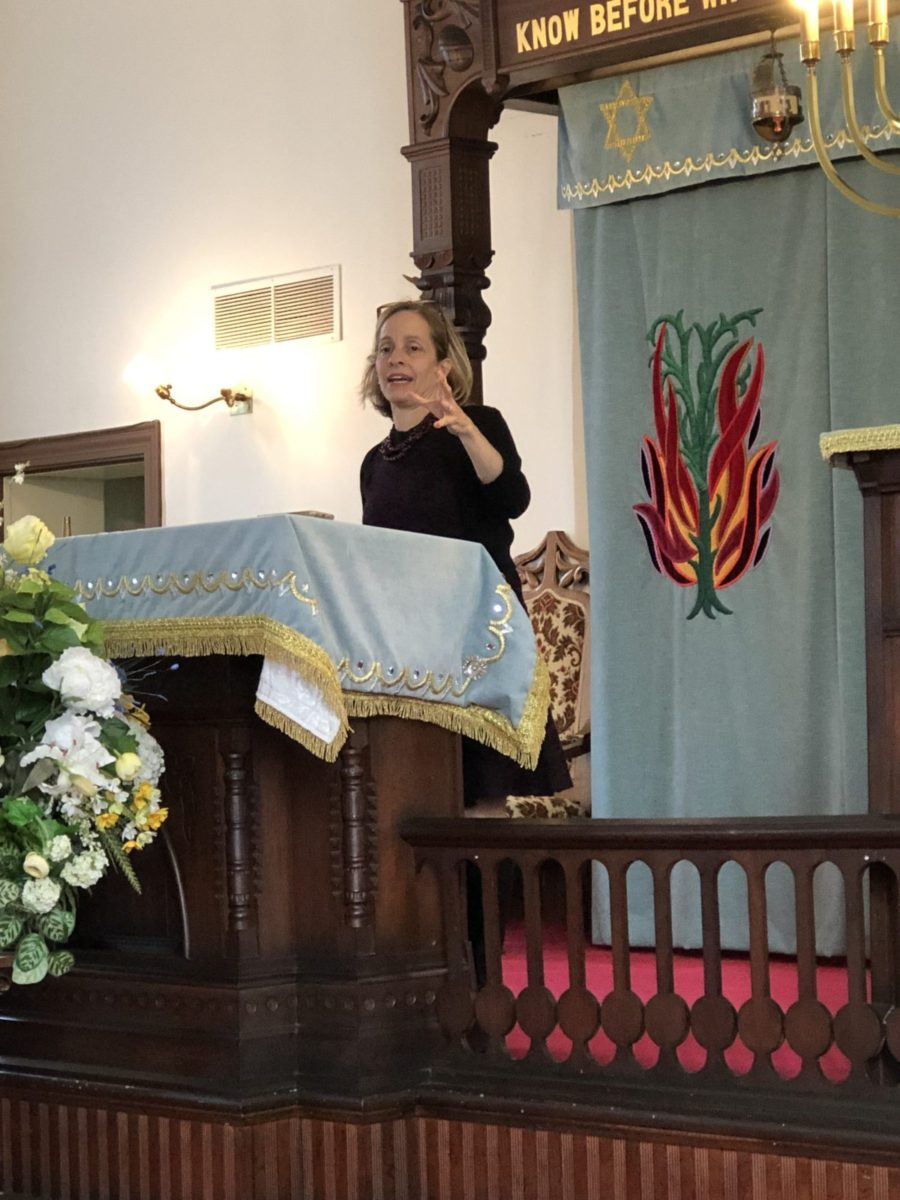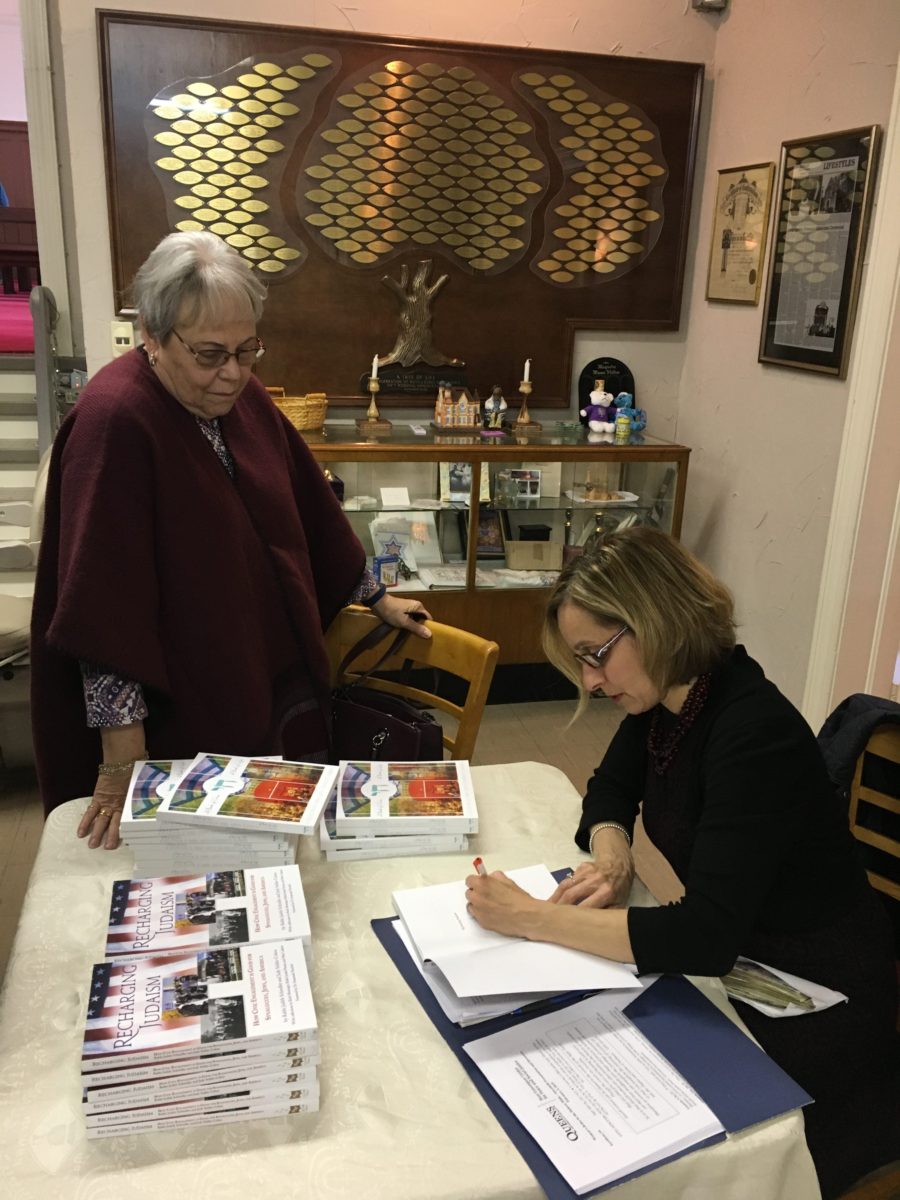Rabbi Schindler discusses women’s roles in the Hebrew Bible
Posted at 10:15 AM on Feb 9, 2019
Special to SVLfreenews.com
“There are women throughout the Bible who speak out, who use their voices – often at great personal peril – to seek a better life for themselves, others around them, and society.”
This was one of the many inspirations that Rabbi Judith Schindler shared on February 3 when Congregation Emanuel in Statesville welcomed the community to participate in a discussion entitled “Women’s Roles in the Hebrew Bible.”
Sponsored by Jewish Council of Lake Norman, Rabbi Judith Schindler, renowned author and educator, and the Sklut Professor of Jewish Studies and Director of the Stan Greenspon Center for Peace and Social Justice at Queens University of Charlotte, led the interfaith program.
Schindler began with a series of thought-provoking questions, including “When you think of women in Judaism/Christianity, what images come to mind?”
Answers such as “women seem secondary” and “we don’t know the names of Noah’s/Lot’s wife or Pharaoh’s daughter” framed Rabbi Schindler’s introduction of two concepts: (1) “invisible women” and (2) “women in power.”
As the presentation unfolded, Schindler led the group to understand how two seemingly opposite concepts are connected, and how, in many instances, a woman is simultaneously “invisible” and “in power.”
Referencing Judith Plaskow’s Standing Again at Sinai: Jewish Memory from a Feminist Perspective, Schindler pointed out Plaskow’s assertion that women “were always part of the community as shapers of tradition” and suggested that our job is to think about how we tell and teach history. In the texts, where women are invisible despite their critical roles, it is important to discuss “What would the women have said?” Where women are visible, we must study and celebrate their roles.
While comparing “women of strength” in today’s world to “courageous” biblical women, the conversation revolved around examples where women leveraged their power and saw positive outcomes.
Common threads were how the women elevated those around them, and how the women worked together as a group, combining their collective talents, to affect positive change.
As Schindler summarized, “These women used their voices, at times risking their lives, to advocate for their own well-being and that of their people. In each of these cases, women managed, in a patriarchal society, to have their voices heard. In each of these cases, Kol Ishah — the Woman’s Voice — was an agent for change and goodness. In each of these cases, strong and courageous women spoke out in difficult circumstances.”
Schindler concluded: “I believe the rabbis were correct in their assessment that Kol Ishah – the voice of a woman – has power. Just look at the decades of accomplishments of great women in our country and in our world.”
https://svlfreenews.com/lifestyles/rabbi-schindler-discusses-womens-roles-hebrew-bible



